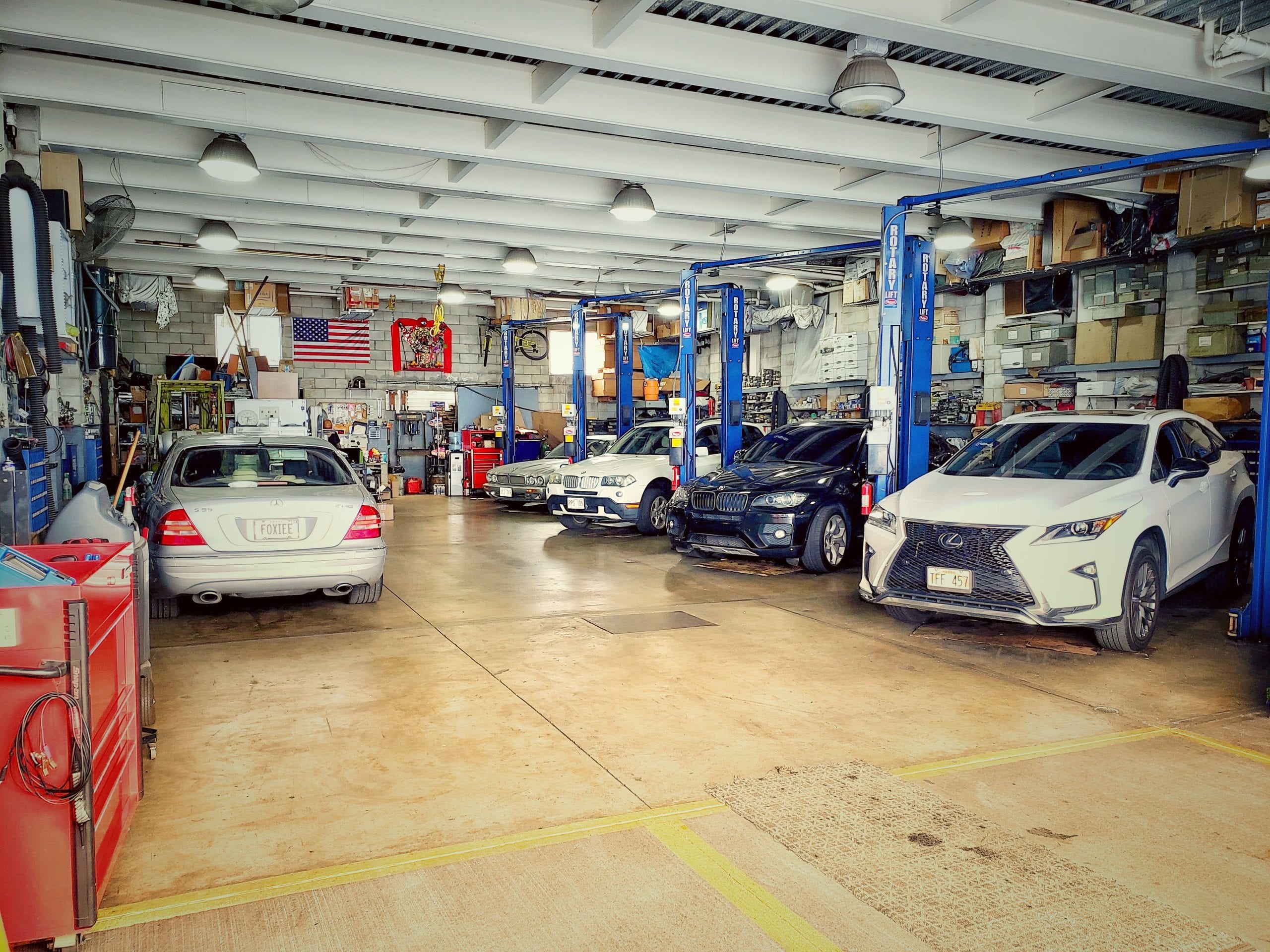All Categories
Featured
A well-kept engine is the vital to your car's long life and height efficiency. Regular engine tune-ups not only enhance fuel performance yet likewise lower the chance of unanticipated failures. Whether you're a cars and truck fanatic or someone that simply desires to prevent costly repair work, these engine tune-up tips will maintain your vehicle running like a desire.

- Change the Glow Plugs. The spark plugs fire up the air-fuel mix in your engine, and their effectiveness straight influences engine performance. Over time, stimulate plugs can put on out, resulting in misfires, decreased fuel economy, and sluggish acceleration.
During a tune-up, check and replace ignition system if they show indicators of wear, such as residue accumulation, deterioration, or splits. Relying on your automobile, ignition system may need to be changed every 30,000 to 100,000 miles.
- Examine the Ignition System. Your cars and truck's ignition system, which consists of the ignition coils, distributor, and cords (if suitable), is in charge of supplying the trigger that powers your engine. Damaged ignition components can create beginning issues and rough engine operation.
Look for harmed or used parts and replace them during your tune-up. Guaranteeing a healthy ignition system will certainly boost engine integrity and efficiency.
- Clean or Replace the Air Filter. A clean air filter permits your engine to "breathe" appropriately by making sure a stable flow of tidy air. Over time, dirt and particles can clog the filter, minimizing airflow and impacting fuel efficiency.
Evaluate the air filter during a tune-up and replace it if it's filthy. For chauffeurs in dusty or polluted areas, air filters may need to be transformed more frequently.
- Examine and Clean the Fuel System. The gas system, consisting of the gas injectors, fuel pump, and fuel lines, can collect deposits with time, minimizing gas delivery and engine performance. Use a gas injector cleaner or have your system professionally cleaned up during a tune-up to bring back correct performance.
Consistently preserving your fuel system makes sure far better burning and maximizes your engine's efficiency.

- Change the Engine Oil and Oil Filter. Engine oil is essential for lubrication, cooling, and lowering friction between relocating parts. Over time, oil degrades and accumulates debris, losing its performance.
Throughout a tune-up, replace the engine oil and oil filter. Following the maker's suggestions for oil type and change intervals is vital to keeping your engine in optimal condition.
- Check the Belts and Tubes. The belts and hose pipes in your engine area play essential duties in powering components like the generator, water pump, and cooling system. Damage in time can result in cracks, fraying, or leakages.
Check the condition of belts and tubes during your tune-up and change any that show indicators of damages. Proactively dealing with these concerns can stop pricey repairs and unforeseen break downs.
- Examine the Battery and Electric System. A weak or falling short battery can leave you stranded. During your tune-up, test the battery's voltage, check the terminals for deterioration, and guarantee the connections are tight.
Furthermore, have the alternator and starter inspected to guarantee they're operating effectively. Addressing electric system problems early can save you from inconvenient shocks.
- Check the Air Conditioning System. The air conditioning system prevents your engine from overheating, which can create severe damage. During a tune-up, examine the radiator, hoses, and water pump for leaks or wear.
Flush and replace the coolant if it's unclean or has actually exceeded its preferred solution life. Proper cooling system maintenance assists your engine run within its optimal temperature level array.
- Address Control Panel Caution Lighting. Modern vehicles are equipped with advanced diagnostic systems that illuminate warning lights when issues emerge. If your dashboard displays any kind of alerting lights, such as the check engine light, address them throughout the tune-up.
A specialist auto mechanic can use analysis devices to recognize and deal with the trouble, protecting against little concerns from rising.
- Keep Your Engine Clean. A tidy engine runs cooler and is simpler to check for possible concerns. Get rid of dust, oil, and grime from your engine bay during a tune-up. Use a degreaser and a mild brush for cleaning, and stay clear of splashing water directly on electrical parts.
Final Thought: Tune-Ups Are the Trick to Engine Durability. Routine engine tune-ups are a financial investment in your vehicle's health and wellness, performance, and effectiveness. Whether you're tackling the tune-up on your own or taking your cars and truck to a relied on mechanic, adhering to these pointers will certainly keep your engine running at its finest and aid you avoid unanticipated repairs.
Latest Posts
Specialist Industrial Roofing Solutions in North Platte, Nebraska
Explore Budget-Friendly Auto Repairs with Montclare’s Monthly Service Specials
Find the Greatest Auto Repair Discounts in Montclare, Chicago
More
Latest Posts
Specialist Industrial Roofing Solutions in North Platte, Nebraska
Explore Budget-Friendly Auto Repairs with Montclare’s Monthly Service Specials
Find the Greatest Auto Repair Discounts in Montclare, Chicago
